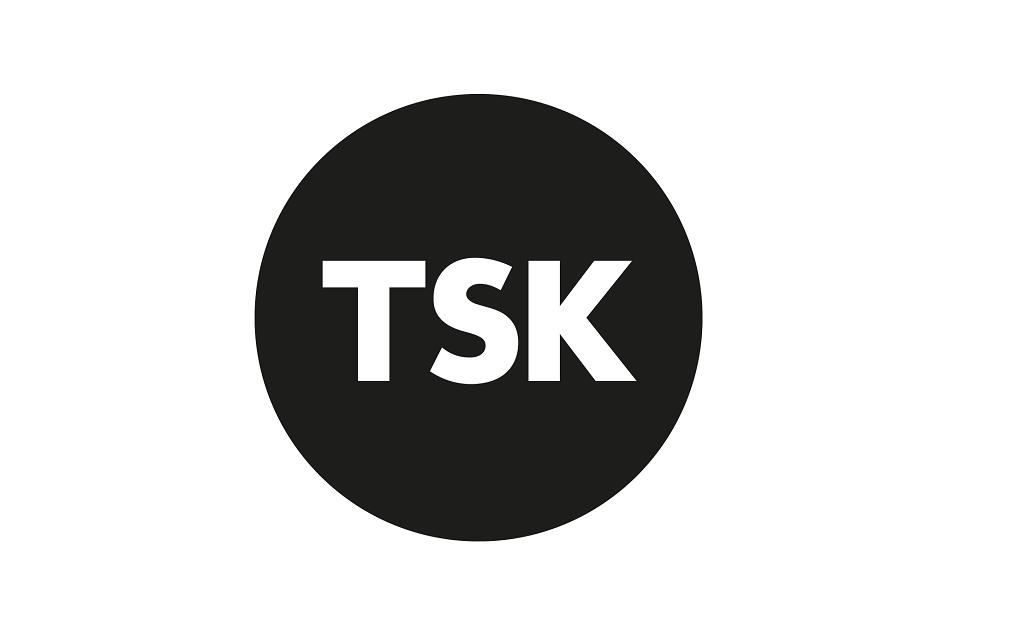Persuading people to say ‘yes’
It’s been a week of hard work. Convincing a risk-averse MD of the need to form – and communicate – an opinion on an industry issue. Persuading a back-office team in China to engage with a company branding project. Influencing a board’s decision-making process. Converting enquiries and interesting conversations into real, tangible, beneficial work. Compelling a small child to engage with the new online homework platform…
You’d think that I’d have got the hang of this persuasion business by now. After all, marketing is all about convincing people to say yes to something.
Yes! That’s my brand of soap / car / law firm / place!
Yes! Let’s work together!
Yes! I’ll join your firm or your team or your movement!
As always when the work seems hard, we return to the source. In this case, we re-read Robert Cialdini’s “Influence” and talked through our challenges with a friend or two.
Persuasion is about trust. People buy people. They choose you because you make them feel safe, or secure, or you’ll generate a return.
How can you persuade people that you are trust worthy?
Here are our top tips.
Give and you shall receive.
Decent people love to give back when they have received. By giving in the first place, you determine the tone of the exchange.
Seeking some social media amplification? Jump into someone else’s feed first and give them a boost.
Need some advice? Help someone out first.
Want to be part of a movement or a team? Give them a way to amplify their message or access new opportunities.
The most powerful thing you can give is your time, whether that’s pro bono work, some good advice or your absolute focus in a meeting.
There is no-one more important than you right now.
When you make the first move – set the tone – you influence what comes back. You have to give before you can receive. But giving doesn’t have to be a big deal.
I saw this and I thought of you.
Remembering that a client loves strawberries and taking some from your garden to a meeting. A useful bit of gossip. An invitation to an event or a podcast. Opening a door, making an introduction, writing that testimonial.
Commit.
Good working relationships – and in professional services that’s what we rely on – are all about the long term. A trusted advisor has your best interests in mind, not just this year and this project, but for the next project and long into the future.
This is where commitment and loyalty come in. And with the cost of acquiring new business rocketing, loyalty needs to go both ways.
People – clients and suppliers – are resistant to change and like to stick with what they’ve got. Particularly when we’re talking about a high-risk investment such as a design team, not just your car insurance.
“We all fool ourselves from time to time in order to keep our thoughts and beliefs consistent with what we have already done or decided” ― Robert B. Cialdini
Make it easy for your investors, clients, employees to stick with you. Under promise, over deliver. Be on time. Be consistent, reliable and committed. Always do what you say you will.
Every relationship requires commitment from both sides. Engender some team spirit by ensuring all partners do a little bit of work, whether it be providing some information, or just five minutes of their time to check something.
Honour your commitments and others will honour theirs to you.
People are more committed to a project – and you – when they’ve invested in it.
Prove it.
Decision-making isn’t always about the numbers or the brief, it’s often about social proof.
Few people really want to stand out – most follow the herd. When making a decision, most people will go with the majority: they’ll take a look round to see what others like them are doing and thinking before they act.
This is why your testimonials and awards are so important.
In practice, a person seeking social proof might begin their thinking by looking at your website to see if there are “people like me” also working with you. It’s also likely that they’ll ask around and check your social media channels, your qualifications, references.
They want to buy something that others like them have already bought and been happy with. By marking something – a product line, design package or service offer – as “our most popular…”, it will become more popular.
You can prove your credibility and likeability by gently mentioning clients, mutual friends or contacts during a conversation, by making your qualifications and accreditations publicly available, through awards and testimonials.
This is why people have their degree certificates and heavy tomes of business philosophy on their shelves behind them.
Don’t take our word for it – these people think we’re great too!
Use scarcity scarcely.
Ah, scarcity. The trickiest tactic of them all.
We know that things that are scarce have value: gold, moon rocks, great marketers, loo roll, common sense. People want what they can’t have. Whether that’s because it’s sold out or only available to a select audience.
Scarcity is often used by sales people to persuade you to buy right now, today, take advantage of this special offer that you’ve been specially selected for. Consumers are wise to this manufactured pressure. It’s rarely genuine.
Buyer beware!
Interestingly, people are often motivated more by the potential for loss than gain. “This campaign will double your turnover in 12 months” is a powerful statement. “Not doing this will leave you behind the competition” is more likely to prompt a purchase decision.
“The idea of potential loss plays a large role in human decision making. In fact, people seem to be more motivated by the thought of losing something than by the thought of gaining something of equal value.” ― Robert B. Cialdini
Scarcity is a common tactic used to persuade people to say yes. But it can be seen as manipulative, reducing that all important trust factor. Handle with care.
Time is precious
Time is our most scarce commodity. Marc Hogan, expert in influence and persuasion believes:
“We all want to help our customers quickly, but sometimes they make undue demands on our time or set deadlines that are very difficult to meet.”
Value your personal and business time, if a deadline is genuinely too tight explain that you cannot meet it without harming the quality of the work, or affecting another deadline / customer.
Marc says, “If you react too quickly to every whim, you can appear like the desperate romantic suitor. Remember the beautiful person you asked out at school who was “busy that weekend”? Their unavailability made them even more attractive…”
People buy people
An old adage but a true one. This is why we give human characteristics to the brands we build: to make it easier for a person to identify with them emotionally. We create something “just like you” – similar and familiar, in character, attitude and values.
For people to like you, you must like them first. Be interested in them, engage with them, make them feel good, seek their opinion. It’s amazing how just being genuinely interested can really influence people.
However, persuading a person to say yes is about more than being liked. You can like someone but not trust them. And trust them but not like them.
Being liked is not always necessary; being trusted is.
Finding an advisor that you both like and trust is golden.
The art of persuasion
The most powerful way to persuade someone to trust you is simple. Don’t talk, listen. Focus. Hear what your audience is saying, understand their challenges, and give your support freely.
This also works on small children. Listen to their objections to the homework, and counter positively.
“I understand that you don’t want to, but I know that you’re clever and hardworking enough to do it, and to do it well.”
If none of the above works, there is one fool proof method that never fails to persuade anyone young or old…
…you can always offer them chocolate.
Need help persuading people to work with you? We can show you the way.
Written in conversation with Marc Hogan who writes and talks internationally about influence and persuasion.
Selected industry experts bring you insight and expert advice, across a range of sectors.
Subscribe for free to receive our fortnightly round-up of property tips and expertise
Selected industry experts bring you insight and expert advice, across a range of sectors.
Subscribe for free to receive our fortnightly round-up of property tips and expertise





